Transitioning from GCSE to A Level
Written by Manisha Sahdev

For many young people GCSE results day is a key factor in how they progress in their education, with young people now needing to stay in Education or training until the age of 18, more students are choosing to complete Level 3 qualifications (A Levels, BTEC courses, apprenticeships etc). It is a well-known fact that the transition from GCSE to A Levels is not easy, but we hope to help with that transition by sharing some top tips with you.
Get organised
Organisation is crucial to success at A Level. Using a diary or planner will help you keep track of homework, lessons and plan your time effectively. You can also use this diary/planner to plan what work can be completed in your study periods to utilise this time most effectively. Using a folder for different subjects with dividers to section out different topics is a very effective way to organise notes, assessment materials and other course materials. Ensure your notes are all complete before tackling assessments and homework, this will make completing assessments easier for yourself.
Be mentally prepared
Acknowledging that the transition between Year 11 and Year 12 is a big shift is half of the battle for students. Successful A-Level students are proactive and will tackle a topic they are struggling with before an assessment. Embracing the challenge and the opportunities for growth and learning will benefit you in this area.
Start working from Day 1
A large part of being a successful A Level student, is being willing to put the time and effort in from Day 1. With the depth of content, you will cover in your courses, you will not be able to cram last minute. You will also fall behind if you attempt this method. You need to start working from Day 1, not the day before your first assessment. The tortoise, not the hare, will win the A Level race.

Use your study periods to study
Havig the freedom of study periods is a novelty for A level students. This privilege is there to help you stay on top of your workload. As attractive as socialising is during study periods, the best thing for you to do is use this time effectively and plan how to complete work set by teachers. Your study periods are there for you to study, so find a space that you can study in, use the time wisely, and reap the benefits in the long term.
Ask for help as you go along
If you’re finding a topic difficult, or haven’t understood a particular lesson, tackle that issue first. Don’t leave understanding a topic until the time you revise it because that could impact your further understanding. You will save yourself lots of time and stress if you tackle problematic areas as you go. This could be asking teachers, other students in your class, Year 13 students, using a textbook, or YouTube. Looking at a topic from a different angle could be the key to you understanding that topic.
Complete practice questions
The difference between A* students and C grade students is how well they understand what’s expected from them in an exam. Completing practice questions enables you to think like an examiner. The more practice questions you complete, the better your writing style becomes, and the easier you will find meeting the time pressures in exams.
-
 Core Knowledge booklet: A Level Economics (Download)
Core Knowledge booklet: A Level Economics (Download) -
 Business Formula Booklet (Download)
Business Formula Booklet (Download) -
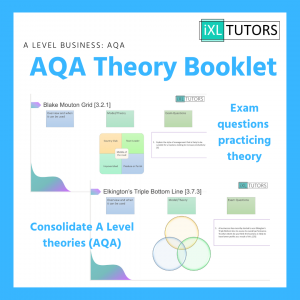 AQA A Level Business Theory Booklet (Download)
AQA A Level Business Theory Booklet (Download) -
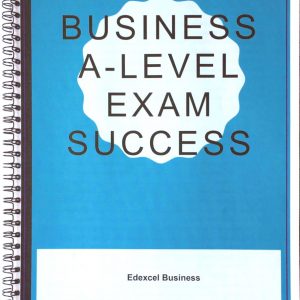 Edexcel A Level Business Revision Guide (Printed Booklet)
Edexcel A Level Business Revision Guide (Printed Booklet) -
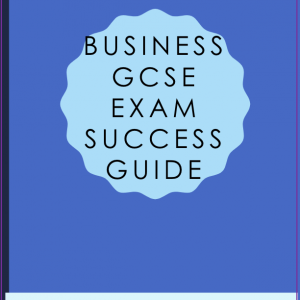 Edexcel GCSE Business Revision Guide (Printed Booklet)
Edexcel GCSE Business Revision Guide (Printed Booklet) -
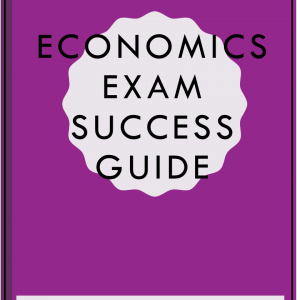 Edexcel A Level Economics Revision Guide (Printed Booklet)
Edexcel A Level Economics Revision Guide (Printed Booklet)
Print or download your course specification
Know what you need to know! This way you can make sure you have complete notes, read ahead and organise all your notes. Courses have website which detail the specification and tell you exactly what you need to know. Having a copy can help you know where you need to focus your revision.
Get enough rest
Rest is important for everyone. As a student, ensure you have a scheduled time to go to sleep, and take enough rest to feel refreshed and energised in the mornings. For more information on sleep for teenagers, have a look at this blog from The Sleep Fixer: https://equipp.co.uk/teenagers-and-sleep-advice-from-the-sleep-fixer/
Plan in relaxation and social time
Manage your responsibilities
Many A level students choose to take on a part time job during their A Levels so they can help build their CV and could contribute towards your personal statements. Building up these skills is important, but don’t over burden yourself.
Exercise
Find a form of movement that you love, be that heading to the gym, dancing, swimming, cycling, rowing, hiking, exercise is important at maintaining a healthy lifestyle and retain excellent habits throughout your life.
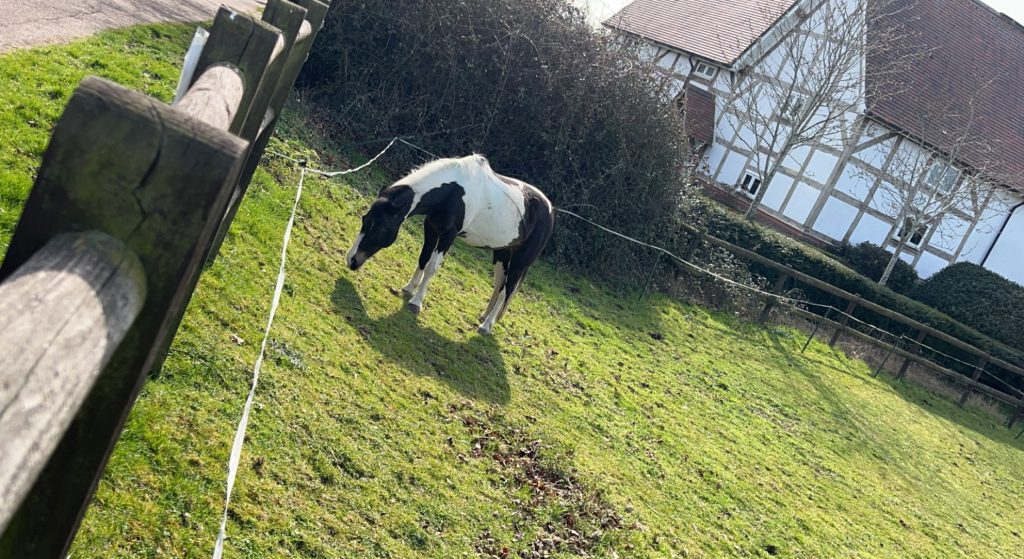
There are our 11 tips for the transition between GCSE to A levels. If you’re struggling with the transition, please don’t hesitate to get in touch at manisha@ixltutors.com or you can find us on www.ixltutors.com
